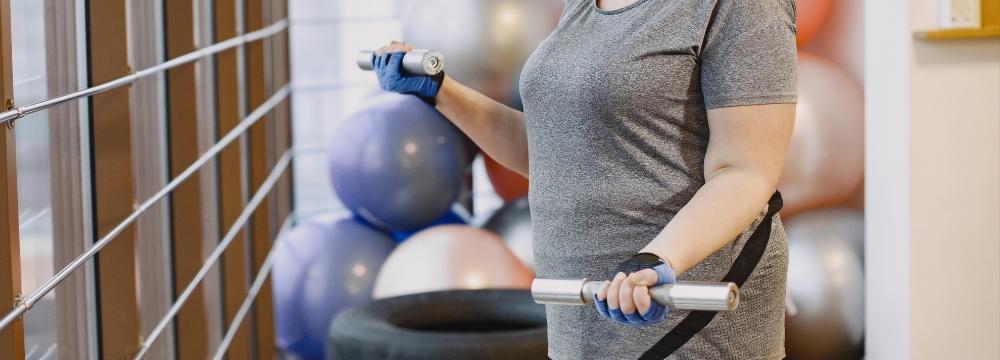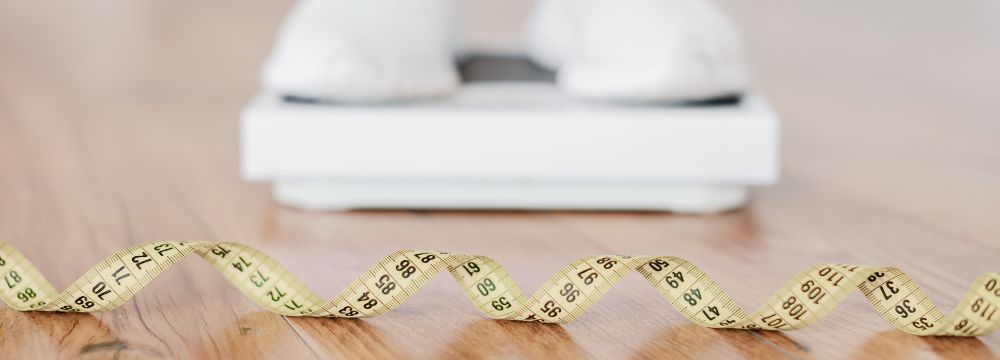
We are constantly bombarded with diet and exercise programs that promise fast weight loss results. But what if the most effective exercise programs are the ones we’ve known for years? What if many high-performance athletes have always used these simple exercises to prepare for the highest level of competition? What if these exercises did not require intense training all the time? It sounds like one of those too-good-to-be-true commercials, doesn’t it? But the truth is that zone 2 training is precisely one of these exercises and should be a part of every bariatric patient’s return to exercise.
In this article, we will discuss zone 2 training and how it can make a difference in your postop exercise program.
The zones, in this case, represent a percentage range of your maximum heart rate. Zone 2 involves targeting 60 to 70% of your maximum heart rate; this contrasts with HIIT or high-intensity interval training, which gets you above 70 and up to 90% of your maximum heart rate. Also known as zones 3, 4, and 5.
Zone 2 is the base (aerobic) exercise you get from lower intensity, more extended timeframe training. This could be walking, swimming, or any other activity that is pursued for a minimum of 45 minutes and up to 60 minutes or even longer. This low-zone training creates a base level of endurance for future low-zone workouts and even improves your ability at the higher zones. High-level athletes use zone 2 training as part of their conditioning routine. The benefit revolves around mitochondria, cells in our bodies that not only produce energy but encourage cell turnover for better health. Zone 2 exercise increases the production of mitochondria and allows them to divide efficiently and last longer.
Before you get too excited, here are some words of caution.
In the early recovery after bariatric surgery, you will be unable to perform effective zone 2 training because you won’t be able to exercise for the time necessary to reach these goals. Zone 2 is something you need to work up to and may be able to achieve several weeks to a few months after your surgical procedure. Remember never to exceed your physical limits or work out to the point where you are so out of breath that you can’t speak or exercise becomes painful.
Another consideration about zone 2 is that while it may seem very easy, it’s relatively challenging to maintain a consistent pace for that time. You will want to push yourself harder but must resist that urge. Zone 2 training does not work if your heart rate deviates from that 60 to 70% range. Many zone 2 training devotees do their activity on machines like a treadmill or stationary bike versus going outside, where even small topographical changes can throw off the rhythm. No matter where you do your training, be sure you can get 45 to 60 minutes of consistent workout that neither drops below nor goes above your target zone.
You will also want a heart rate monitor for this training. It’s not easy to stay within the 60 to 70% zone, and you will need help. You should be challenged, but not so much that you can’t carry on a conversation, but the effects of this activity level can vary between people and their level of conditioning. So, a heart rate monitor is best to set a pace at which 60 to 70% is consistently hit.
Having a buddy with you on this exercise journey is also helpful. Low-level training can, admittedly, get a little dull. So having someone to talk to and work out with is excellent. Just be sure their pace and exertion levels match yours so both of you receive similar benefits from your training.
We always encourage you to contact our office if you have questions about a new exercise program. In the meantime, zone 2 can be a fantastic, low-impact way to get the base-level exercise you need to maximize your workouts today and in the future.









